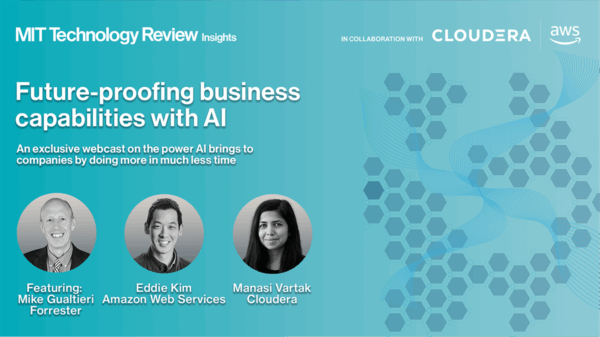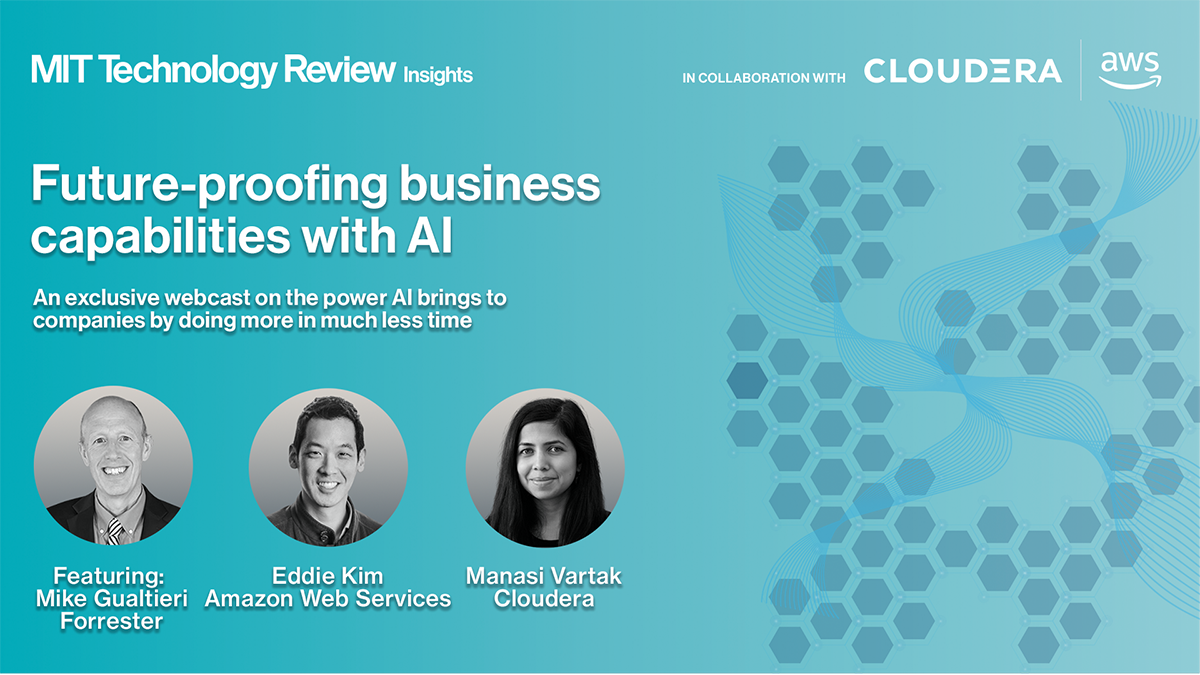UPDATE: Businesses are transforming their operations with artificial intelligence (AI) at an unprecedented pace, significantly reducing process times from hours to mere minutes. This rapid integration of AI technologies is taking place across various sectors including energy, law, and humanitarian aid, reshaping how work is done RIGHT NOW.
The deployment of AI is no longer just a concept; it is a reality that is revolutionizing workflows. As Manasi Vartak, chief AI architect at Cloudera, states, “What GenAI and AI agents are allowing us to do is really give superpowers, so to speak, to business process automation.” This statement underscores the urgency for companies to adapt swiftly to these advancements.
Recent developments indicate that AI agents are becoming essential tools for businesses. These agents, designed for automation, are effectively speeding up response times by performing tasks traditionally reliant on human intervention. For instance, rather than waiting for an employee to process a claim form, AI can now handle this in seconds, vastly improving efficiency at scale.
The democratization of AI tools is allowing non-technical employees to leverage these innovations, enabling widespread experimentation and adaptation. This shift is crucial as companies strive to keep pace with the rapid technological advancements.
However, challenges remain. Key concerns concerning privacy, security, and the accuracy of large language models (LLMs) persist. Enterprises are also navigating costs, data quality issues, and the need for sustainable AI systems. As organizations look toward the future—exploring autonomous agents and domain-specific models—they must address the pressing issues of trust and governance.
Eddie Kim, principal advisor of AI and modern data strategy at Amazon Web Services, emphasizes the necessity of leadership in developing an AI strategy that balances opportunities with risks. He states, “Your leadership is especially critical in making sure that your business has an AI strategy that addresses both the opportunity and the risk while giving the workforce some ability to upskill.”
The impact of AI is already notable. A global energy company has reduced threat detection times from over an hour to just seven minutes. A Fortune 100 legal team is saving millions through automated contract reviews, while a humanitarian aid group is using AI to respond more quickly to crises. These examples highlight how the convergence of data, infrastructure, and AI expertise can lead to transformative outcomes.
The future trajectory of enterprise AI will hinge on how effectively organizations can merge innovation with scale, security, and strategy. This is where the true race for business excellence is occurring.
Companies are encouraged to stay informed and engaged with these developments. To learn more, watch the latest webcast discussing these critical advancements.
With AI reshaping the business landscape, the time to adapt and innovate is now. Share this urgent update and stay ahead in the rapidly evolving world of AI!






































































